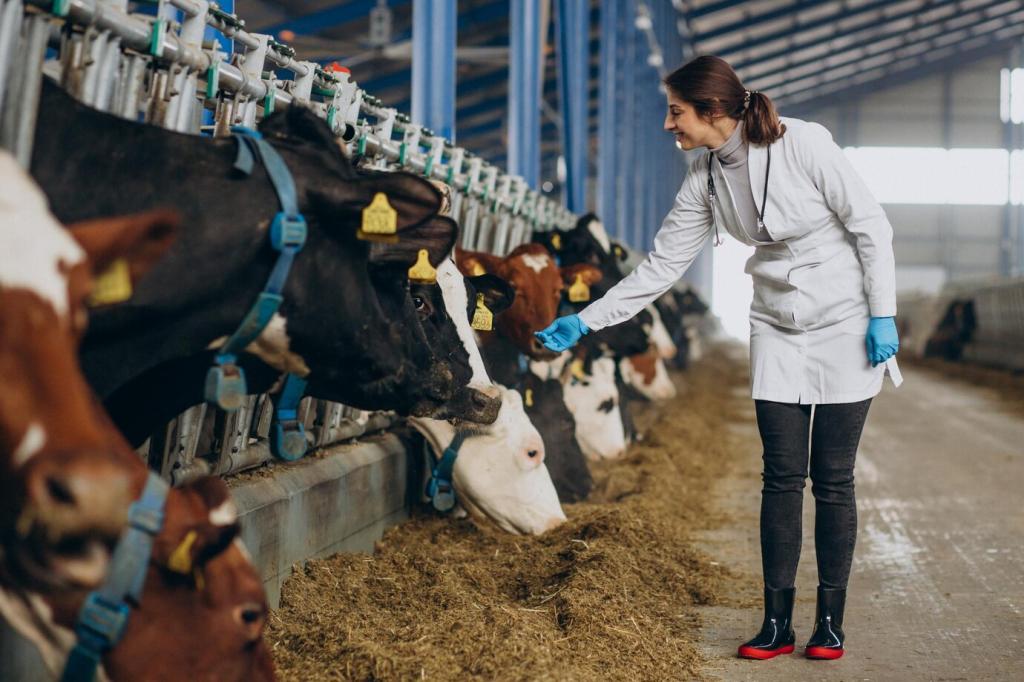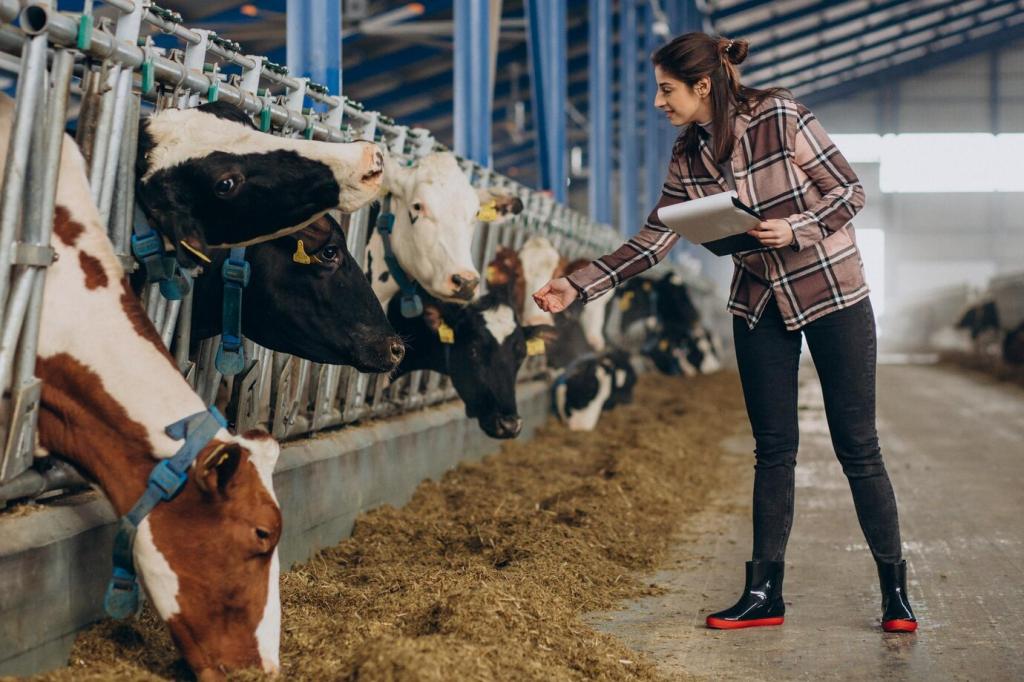Macronutrient Ratios That Keep Coats Glossy
Prioritize identifiable animal proteins like chicken, turkey, lamb, fish, or eggs for essential amino acids. Adult poodles generally do well with solid protein levels that maintain muscle and support a healthy coat. Puppies need more, carefully balanced with minerals to avoid developmental issues. Watch stool quality as a digestibility clue.
Macronutrient Ratios That Keep Coats Glossy
Healthy fats deliver concentrated energy and shine. Omega-3s from fish oil, including EPA and DHA, help skin, coat, and joint comfort. Keep overall fat appropriate, especially for small poodles that may be sensitive to rich foods. If stool softens or weight climbs, dial back fat and portion sizes.


